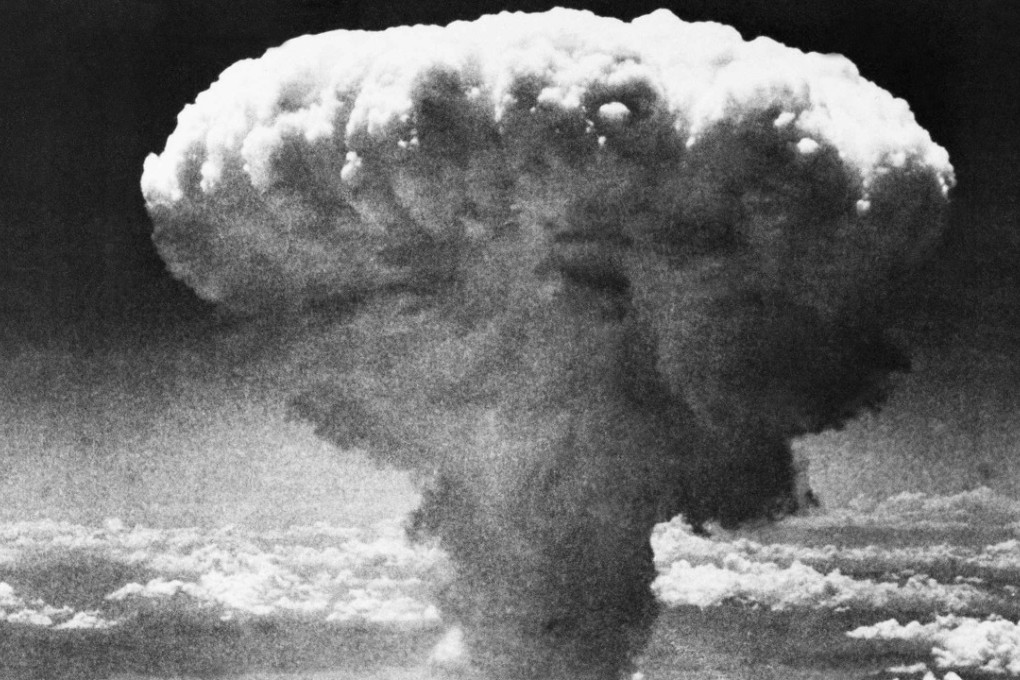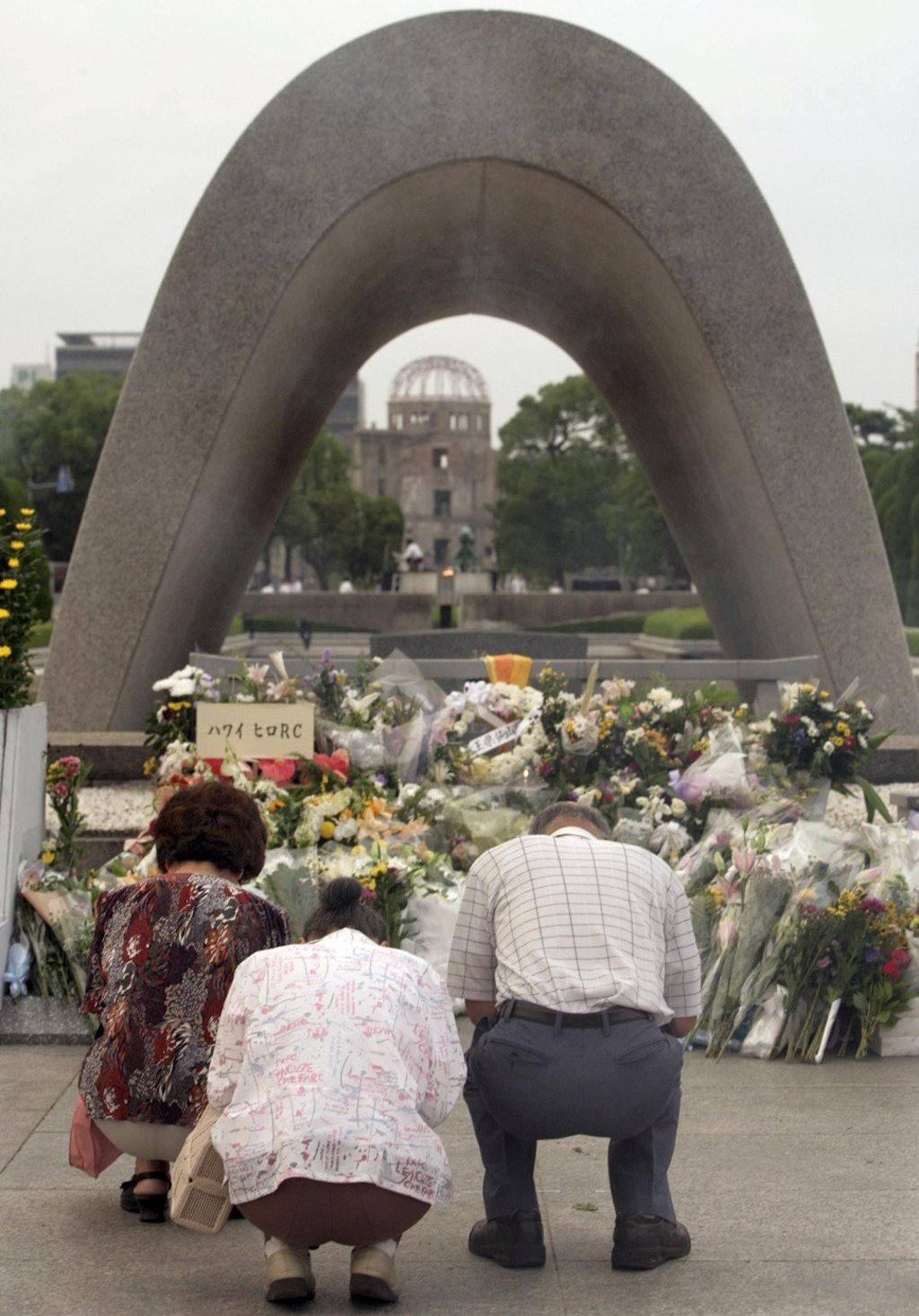Hiroshima Mayor Kazumi Matsui will warn of ‘new cold war’ on 73rd anniversary of nuclear attack
China has confirmed it will not be sending its ambassador and there has been no word from the US on whether its representative will pay respects

The mayor of Hiroshima is to use his address marking the anniversary of the first use of an atomic weapon to warn of a new cold war taking hold in the Asia-Pacific.
Mayor Kazumi Matsui will deliver the annual Peace Declaration in the city’s Peace Memorial Park on Monday, the 73rd anniversary of a nuclear bomb being dropped on Hiroshima. An outline of the declaration showed Matsui will warn a growing tendency around the world to prioritise national interests above all else. This has caused an upsurge in tensions reminiscent of the darkest days of the cold war, he will argue.
The mayor will also urge the Japanese government to become more involved in efforts by the international community to abolish nuclear weapons through dialogue and cooperation. In addition, Matsui will state that while there has been progress on eliminating North Korea’s atomic arsenal, the world must work to ease tensions on the peninsula and the region.

The mayor’s message this year will be heard by representatives of 87 nations, including nuclear powers Britain, France and Russia – although, significantly, China has confirmed it will not be sending its ambassador and there has been no word from the US on whether its representative will pay respects. Equally, North Korea has not confirmed whether it will send a representative.
“I feel that the mayor of Hiroshima does have the moral authority to speak in relation to war, in particular in this time of nuclear uncertainty, and I would say that we are already in a cold war situation in the region, with the US and Japan on one side and China and North Korea on the other,” said Jeff Kingston, director of Asian Studies at the Tokyo campus of Temple University.